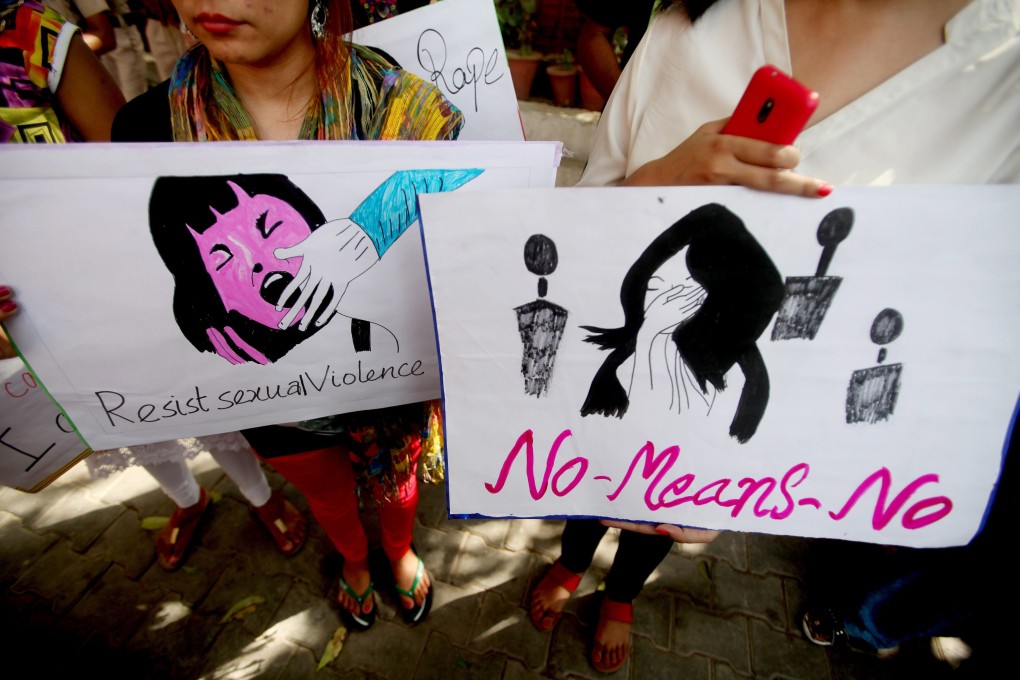More women's voices needed in the media to ensure fair reporting
Su-Mei Thompson says gender stereotypes are holding women back

Last week, the region's leading media titles gathered in Hong Kong for the annual awards dinner of the Society of Publishers in Asia, which this year celebrated a new category for "Excellence in Reporting on Women's Issues". Earlier, in March, Singapore toasted the winners of the "Women's Empowerment Journalism Awards", which attracted over 300 entries.
For both awards events, several of the most highly commended pieces were investigative accounts of the brutal Delhi rape incident. Incisive coverage by the international press condemning the assailants ignited months of local protests and global scrutiny.
Under pressure, the Indian government passed several tough new laws against rape, underscoring the power of the media to effect change.
But the awards and the positive outcome of the media coverage of the Delhi rape belie the fact that, in most reports of violence against women, the press is largely insensitive to the gender implications of the way reports are constructed.
Indeed, many accounts manifest the media's presumptions about ossified patriarchal systems and the patriarchal values that act as the lens through which harassment against women should be viewed and judged.
Reporting that leads by describing what the victim was wearing, whether she was drinking and why she was out so late at night implicitly - if not explicitly - shifts the blame to the victim instead of focusing on the central question of why, in the 21st century, men and boys continue to perpetrate violence against women and girls.
For example, last May, in response to a government report showing that rape cases in Hong Kong for the first three months of the year increased by 60 per cent over a year ago, Secretary for Security Lai Tung-kwok appealed to women not to drink "too much".